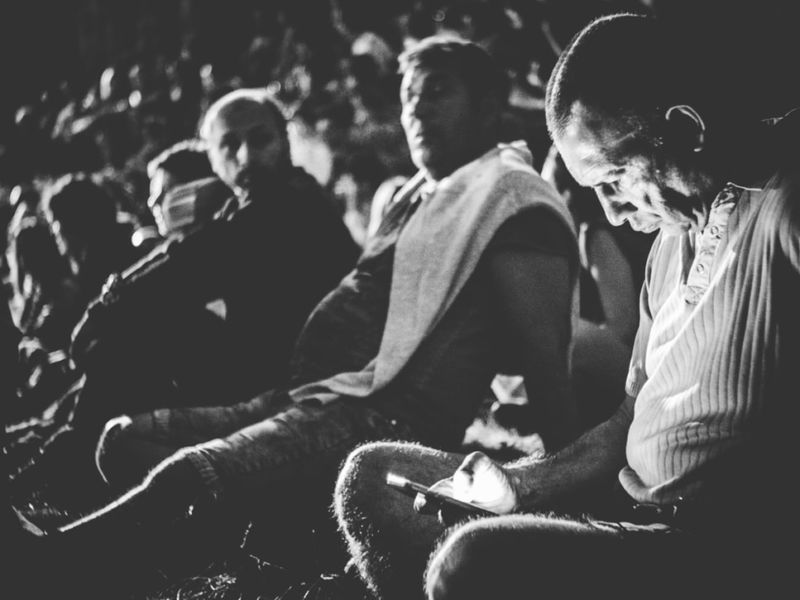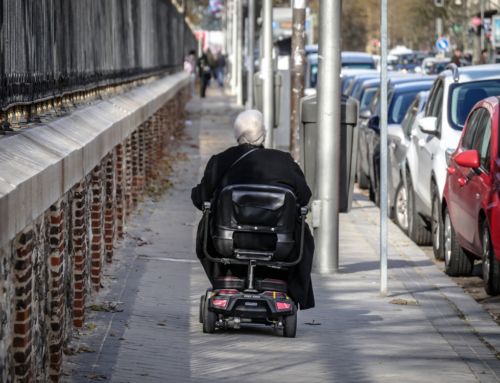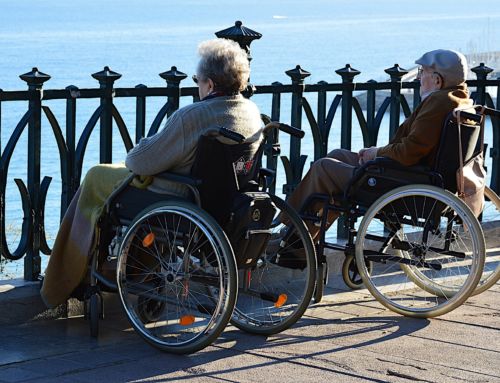The technologies can significantly facilitate the daily lives of an ageing population. We use data from SHARE in Austria to investigate attitudes towards new technologies in information and communication technology. Our results indicate strong gender differences in attitudes towards new technologies. Furthermore, while older cohorts value entertainment devices less than younger ones, no such pattern exists for health and support systems.
The increasing old-age dependency ratio poses a growing challenge to our society. It is not always possible or affordable to provide support by professional care workers to every individual and sometimes this is not necessary: New information and communication technologies have the potential to facilitate the life of those persons who depend on some assistance and to help them live an independent life. As such, they will play a significant role in the future. A positive attitude towards those technologies is an important factor in the use of technology devices in everyday life. A study carried out in 2015 within the framework of the Survey of Health, Ageing and Retirement in Europe (SHARE) sheds light on the personal attitude of Austrians aged 50+ towards new technology.
New technology is examined in two groups: Communication- and entertainment technology as well as support- and health technology. Tablet, smartphone, social media (facebook) and speech directed devices are examples of the first group, whereas GPS-tracking, auto fall alert, personal accident alarm, automated cooker control systems are examples of the second group.


In general, the attitude towards new technologies is positive in Austria. 77% of the respondents have a positive attitude towards support and health technologies, and almost 70% show a positive attitude towards communication and entertainment technologies. The study shows a clear difference between men and women. Compared to women, men are more open to communication and entertainment technologies. Women, in contrast, have a more positive attitude towards support and health technologies. In regard to communication and entertainment technologies age also plays a role: the older a person is the more sceptical she or he is. For support and health technologies age does not play a role.
Practice and training with new technology devices is a prerequisite for a positive attitude. Older persons less often have an intuitive approach to new technologies than younger ones and thus tend to reject them. This age-related difference will probably diminish with time as the new generation grows up with digitalisation.
Persons with higher education and higher occupational status have independent of their age a more positive attitude towards new technologies, what can be related to a better digital or technical understanding. However, education and occupation do not affect the attitude of women towards support and health technologies. This can be explained by a high general support of these technologies especially by the older ones. Respondents with deteriorated health have a higher acceptance of support devices.
In order to improve the integration of new technology in everyday life of elderly persons it is necessary to diminish barriers blocking them from using those technologies. This in turn means investments to foster the digital competence of the older generation. A clear and precise naming is helpful as well – the results of the study indicate that devices with precise definition of the function, such as “alarm in case of falling” have a higher rate of acceptance.
About the authors:
Mag. Nicole Halmdienst, Project Manager, SHARE Austria
Mag. Michael Radhuber, Project Manager and Contact, SHARE Austria
Prof. Dr. Rudolf Winter-Ebmer, Country Team Leader, SHARE Austria, Professor, Johannes Kepler University Linz
The article is based on:
Halmdienst, Nicole, Radhuber, Michael und Rudolf Winter-Ebmer (2019). Attitudes of Elderly Austrians towards New Technologies – Communication and Entertainment versus Health and Support Use. European Journal of Ageing. https://doi.org/10.1007/s10433-019-00508-yL











Leave A Comment